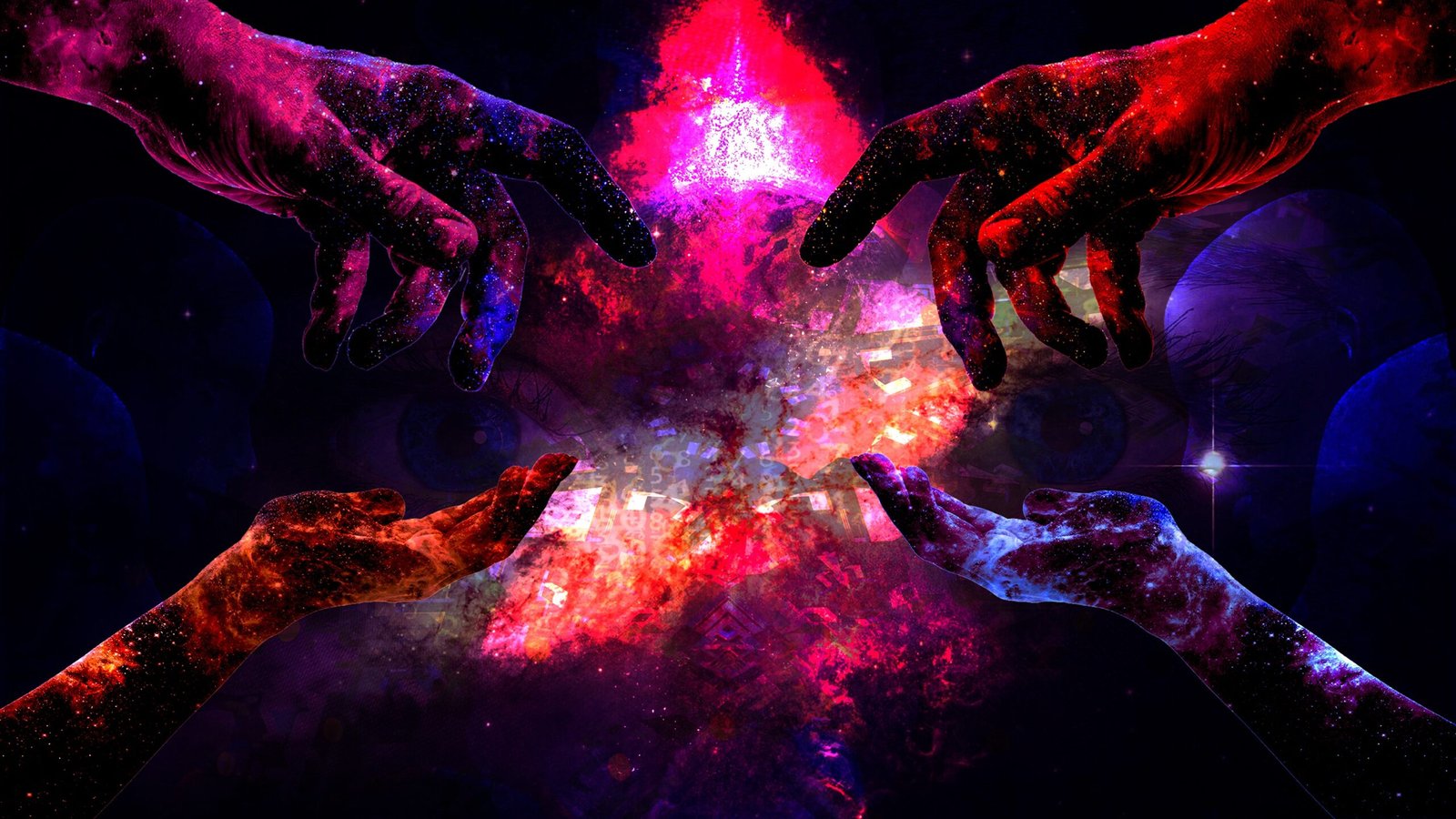John Perkins is the President of the Secular Party of Australia. The party is intended to promote secular humanist ethical principles in Australia as well as advocate for the separation of church and state. Scott interviewed John Perkins in April on the Secular Party of Australia, and the associated ideas, policies, and initiatives. In this educational series, they discuss secularism in Australia.
Scott Jacobsen: What is the current state of secularism in Australia? How does secular culture benefit Australian society?
John Perkins: Secularism exists in Australia in the sense that there in no state religion. However, Australia offers generous benefits and tax concessions to religious organisations. Australia would majorly benefit financially from a more secular culture, whereby religions are not supported, subsidised and promoted by the government. Currently, billions of dollars per annum are expended supporting religious schools. Religious organisations are tax exempt, costing further billions in government revenue. “Advancing religion” is, of itself, considered a charitable purpose, whether there is a public benefit or not, which is the core problem.
There would be an even greater benefit from a secular culture by creating a more harmonious society without the sectarian divisions which religious ideologies create. These divisions are intensified by religiously segregated schools that promote indoctrination of children into particular religions. This happens to a much greater extent in Australia than other comparable countries. Enrolments in religious schools, especially Islamic schools, have increased.
Jacobsen: What are some major ongoing threats to secularism’s survival?
Perkins: Paradoxically, as the population has secularised over recent decades, the state has increasingly advanced religious causes. As government social services have been privatised, religious organisations have been granted supervisory roles. Education is the main area in which secularism is threatened. While chaplains have been introduced at government schools, it is private religious schools where the main threat lies.
Religious schools have proliferated, with government support, and in the case of Islamic schools, with Saudi seed funding. Apart from teaching the standard curriculum, there is no control over what is taught in private religious schools. Hence a whole generation may pass through these sectarian schools, which may indoctrinate extremist views, without contact with students of other religions. The secular nature of society is thus eroded.
Jacobsen: You want to bring about “true” separation between church and state. What might be the negative outcomes if the culture was largely non-secular – where the church and state separation is nearly non-existent?
Perkins: The negatives can be observed when separation of church and state is absent. A few countries have strong constitutional separation of church and state. In most non-Muslim countries, however, there is little separation and the consequences are mainly in terms or inequity and wastage of economic resources, as in Australia. In all Muslim majority countries, however, religious law challenges or dominates civil law. Many Muslim counties constitutionally enshrine sharia law, which is the antithesis of secularism.
There are strong blasphemy laws in most cases. Freedom, human rights and democracy are undermined, as civil law is subservient to religion. As a consequence of the rise in global Islamism in recent decades, we have witnessed many countries fall into dysfunction, violent dystopia and failed state status. Few people, however, are able to recognise this as being an inevitable consequence of the loss of secularism, an essential ingredient of modern civilisation.
Jacobsen: Thank you for your time, John.








Article Discussion